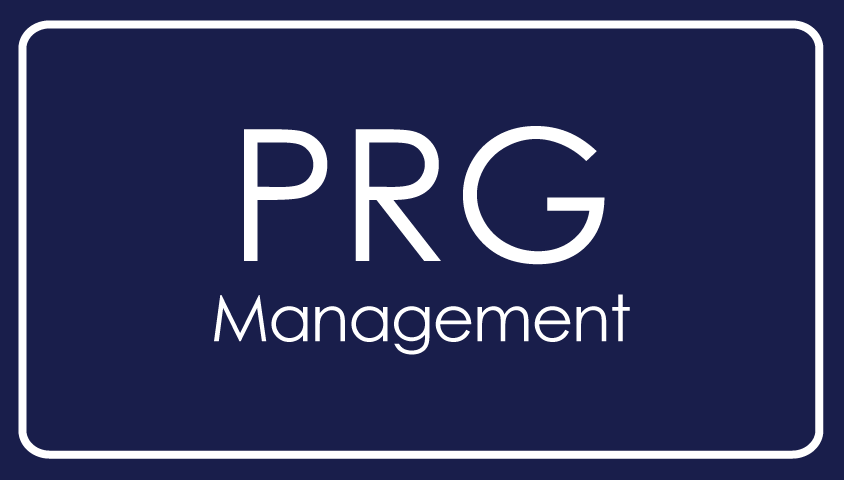What is a receivership?
Receiverships typically begin when a mortgage loan goes into default due to lack of payments from the commercial property owner. Similar to a home loan, once the property is in default a lender will likely initiate foreclosure proceedings. As the property goes into foreclosure, a lender will want to limit the bank’s liability and ensure that:
The value of the commercial property isn’t damaged in any way by the borrower
Any income for the property is being put towards the loan and maintaining the property only
This is where a receiver comes in to play. The receiver is requested by a lender and appointed by the court. They act as a neutral third party and it’s their job to meet the above objectives and are responsible for managing the property until the foreclosure is complete.
Additonal reasons for a receivership?
In addition to defaulting on a loan, a commercial receivership may be entered if:
The value of the property is enough to satisfy the loan debt
Waste has been committed on the property
The government is foreclosing on the property to reconcile back taxes
What is a receiver?
As stated above, a receiver is a neutral third party individual or company that was requested by a lender and will be in charge of managing the property throughout the foreclosure proceedings. While the request comes from a lender, the receiver takes direction from the court only and acts in the best interests of both lender and borrower.
Above all, receivers are required to:
Honor and uphold the contractual rights of the tenants in the commercial property
Safeguard the welfare of all tenants and guests
Continue to manage ongoing operations and expenses
Make all commercially reasonable efforts to maximize profitability from the property
Exercise its best efforts on behalf of the lender and borrower.
What is in their scope of work?
Maintain & secure the property (i.e. vandalism or damages)
Negotiate and pay property expenses and taxes
Sell the property (with court’s permission and additional party consent.)
Selling a property before the foreclosure ends can produce more net proceeds than a foreclosure sale. By agreeing to the preforeclosure, the defaulting borrower might be able to avoid a deficiency judgment
Take over the bank account associated with the commercial property
Establish itself as new management
Manage new and current leases and collect rental income
Make necessary repairs, work with local government to address any violations, and oversee any ongoing construction
How does a receiver get appointed?
Receivers are appointed by the court upon a lender request. Lenders are given the right to request a receiver upon most commercial mortgages when the borrower defaults. Depending on the case, some courts find a default to be sufficient enough grounds to grant an order of receivership. However, others require more proof that it is necessary.
Advantages of a receivership
A receiver will assist a lender in recovering funds by protecting the value of the commercial property.
Depending on the skill of the appointed receiver, a property’s value may even increase- which both a borrower and lender can benefit
Disadvantages of a receivership
Lender and owner lose control of the property, its income, & potentially its disposition
Receivers can be costly to hire and the lender is required to cover the cost of whomever the court appoints.
Overall, each commercial property is different making it important to weigh the potential liabilities. Does construction need to be done? Has management been abandoned and for how long? Are there any environmental concerns? Does the commercial property require marketing for tenants? From there, a decision can be made on if a receivership is worth pursuing.

